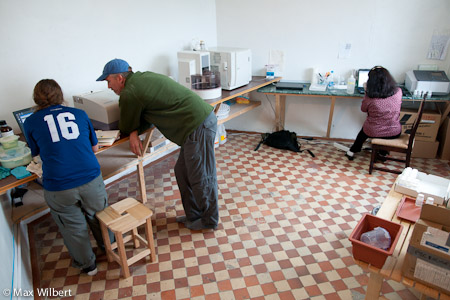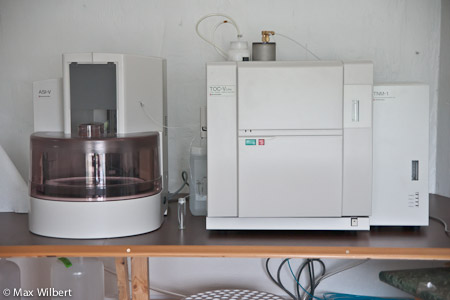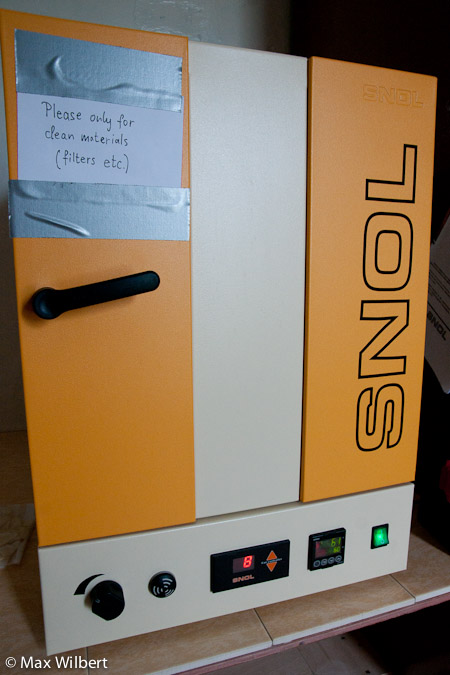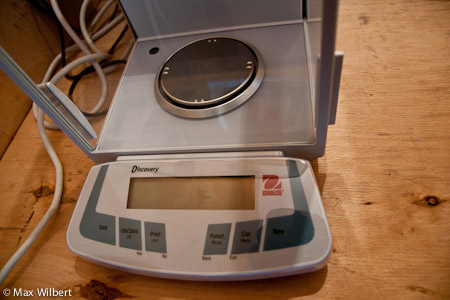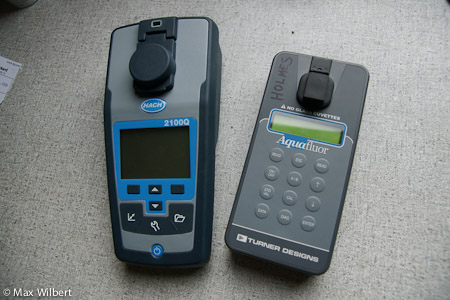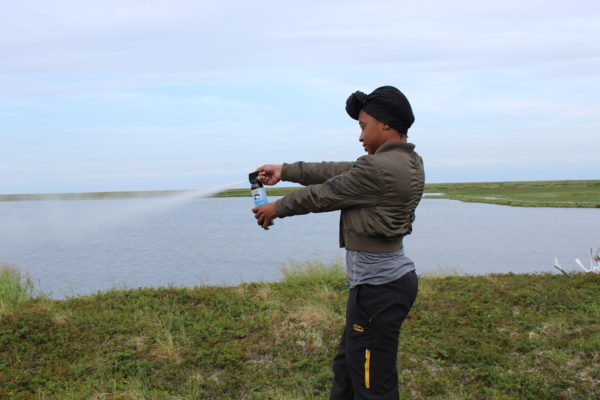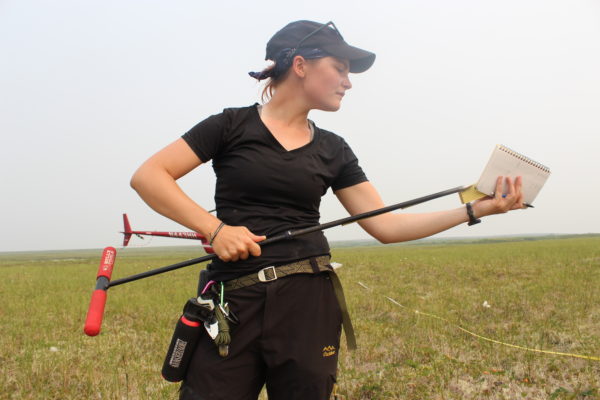Research in the Arctic is tough – more often accomplished with duct tape than high tech instruments, which are typically sequestered in laboratories far removed from the Arctic.
One of the challenges for foreign researchers working in Russia is that sample export is very difficult and expensive. At the same time, analytical facilities at remote field sites are typically rudimentary at best. The Polaris Project has sought to improve the analytical capabilities at the Northeast Science Station so that sample export would be unnecessary. The capability to conduct near real-time analyses at a field site also provides critical feedback that helps guide subsequent field activities. We highlight some of the key improvements below, which are greatly aiding the research being conducted as part of the Polaris Project and will also benefit other Russian and international research teams. Funding for these Station upgrades has been provided by two grants from the US National Science Foundation as well as from the Woods Hole Research Center. I can’t help but wonder whether, at over 68 deg. North, the Northeast Science Station holds the record as the northern-most home for all of these instruments! In any case, it is an oasis in the Siberian Arctic.
Shimadzu Total Organic Carbon and Total Nitrogen Analyzer (NSF-OPP)
This instrument is central to much of our research on dissolved organic matter transport and transformations. We hope to analyze ~1000 dissolved organic carbon and total dissolved nitrogen samples on this instrument over the next few weeks. In the past we would have only been able to bring a subset of these samples back to the US for analysis – now we will have the data before returning home.
Horiba Fluoromax-4 Spectrofluorometer (NSF-DUE)
This cutting edge instrument promises to yield fundamental new insights about sources and sinks of organic matter in the Kolyma watershed.
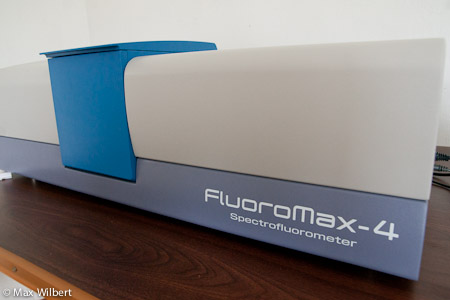
Shimadzu UV-1800 Spectrophotometer (NSF-OPP)
This instrument will also be used for characterization of dissolved organic matter. Combined with the Fluormax-4 and the Shimadzu TOC/TN analyzer, these instrument give the Polaris Project students and PIs remarkable new analytical capabilities.
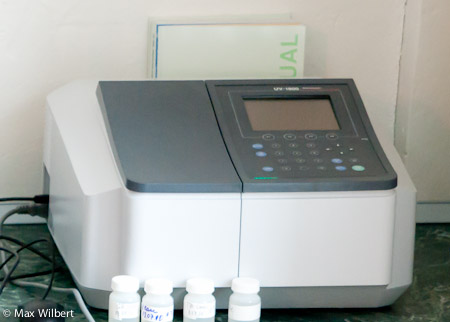
Biotek Microplate Spectrophotometer (Woods Hole Research Center)
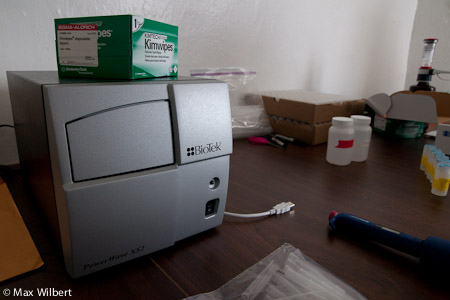
Muffle Furnaces, two (NSF-OPP)
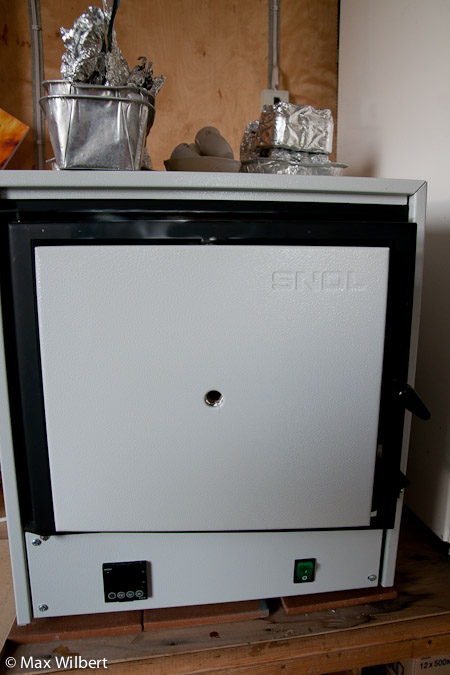
Stereo Microscope (NSF-OPP)

Multiple YSI Water Quality Meters (NSF-OPP, other)
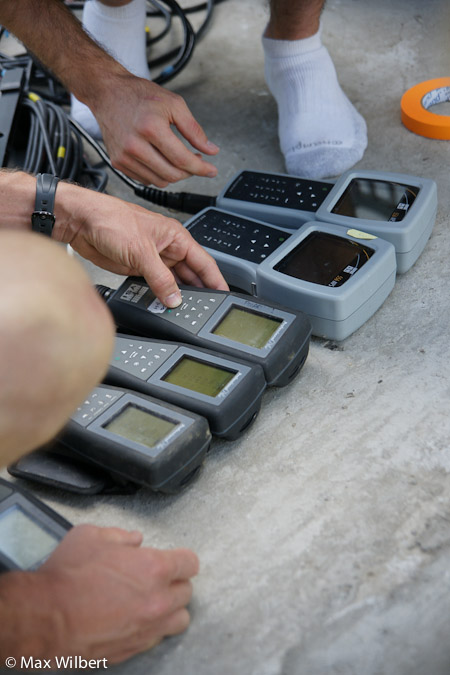
Geopump Peristaltic Pump (NSF-OPP)
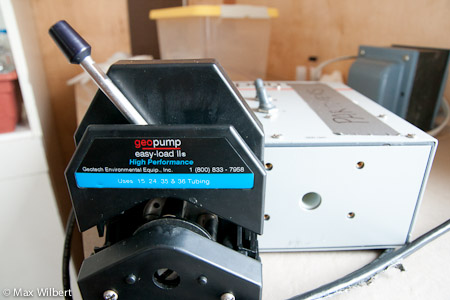
Aquaflor and Turbidity Meter

